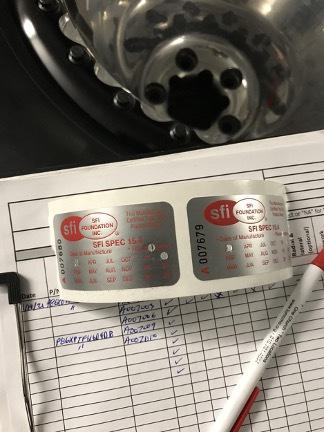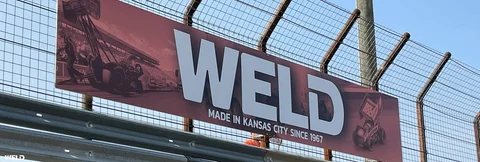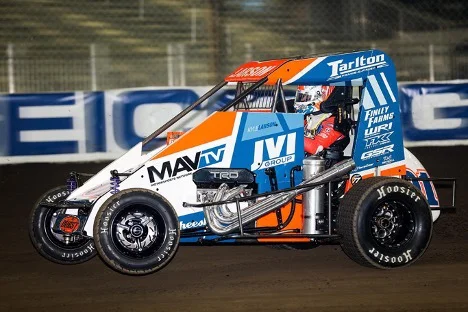WELD Racing Wheels – SFI Certification

Imagine you are one of the 10 lug nuts holding the rear wheels of an 11,000-horsepower missile as it travels at over 330mph in 1,000 feet. It is a brutal job that all the components fitted to NHRA Top Fuel Funny Cars and Dragsters have to endure, pass after pass. In one race weekend, the cars in the NHRA fleet can make nearly a dozen passes each; and with over 20 races on the calendar every part takes a massive beating. Every year before the season starts, WELD sends engineers to Brownsburg, Indiana to all the top teams’ facilities where they inspect, measure, evaluate, and certify the condition of all our wheels. Our aim is to ensure the wheels are in the best condition to maintain safety standards under these extreme racing conditions.

For the Top Fuel Funny Car and Dragster teams, this recertification process happens once a year. They are running Weld Racing Delta-1 Top fuel wheels or the Weld Racing Magnum™ Pro wheels which are both certified to SFI 15.4 and require a yearly recertification. The ProMod teams run the Weld Racing Delta-1 ProMod wheels with SFI 15.3 certification, which are recertified every two years. The Pro Stock teams, which run Weld Racing Delta 1 ProStock wheels with SFI 15.1 certification, are not required to have their wheels recertified. “At this time, the NHRA and SFI do not require 15.1 wheels to be recertified but they should still be inspected on a yearly basis.” said Nick Rickels, SR. Product Engineer for Weld Racing. “Recertification is not required for the 15.2 front wheels either, but a yearly visual inspection by the race team is highly recommended.” Because the 2020 season was shorter than usual and several teams chose not to run, we are happy to report that everything checked out and was passed with flying colors.
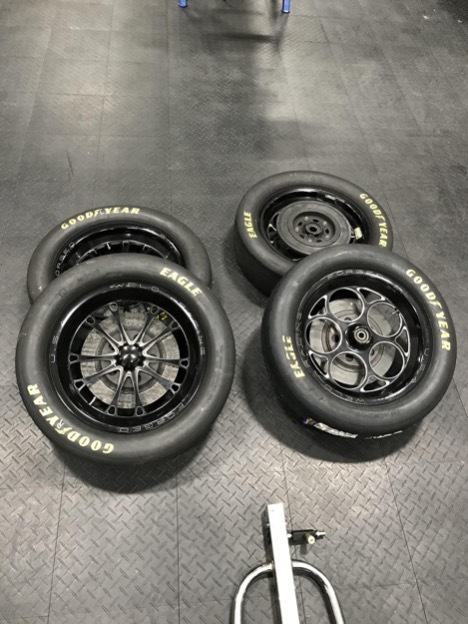
The biggest potential wear points are commonly the bolt holes, beadlock mounting holes, and in the case of our Magnum three-piece wheels, the hardware that affixes the spokes to the barrel of the wheel. Machined “controls,” that match the dimensions of the original hardware, serve as gauges to test the tolerances within the holes. As long as the tolerances are within spec, the team can continue running the wheel. If they fall out of spec, then we pull the wheel out of service with an abundance of caution. The beadlock rings are also inspected to ensure they are round and flat. This is done by placing a used ring against the surface of a new one. If the beadlock is still round and flat, it passes.
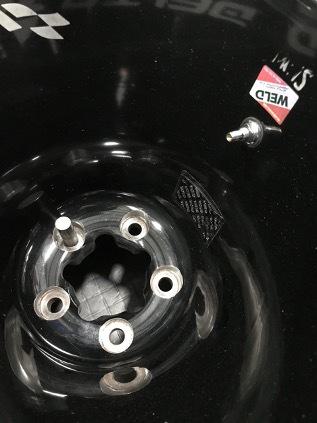
Aside from checking tolerances, each wheel and its components are inspected for cracking, stress, trueness, and damage. It is for this reason that powder coating is no longer allowed on wheels for these applications because it can mask cracks and imperfections. If you still see powder coated wheels, it is because the NHRA gave the teams three years to rotate them out of use. 2021 is the last year teams can run SFI 15.2, 15.3 or 15.4 wheels with powder coating; they will not be recertified for 2022. As an alternative, anodizing is the only allowed coating for 15.2, 15.3 and 15.4 wheels. The SFI 15.1 wheels can have a powder coat finish as long as it was coated by the original manufacturer.
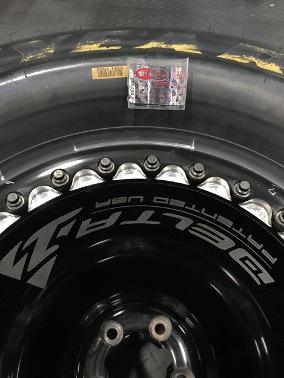
Once the wheels, beadlocks, and hardware are all checked, they are logged and issued new SFI certification stickers that record the inspection date. Then, it’s off to the races.
